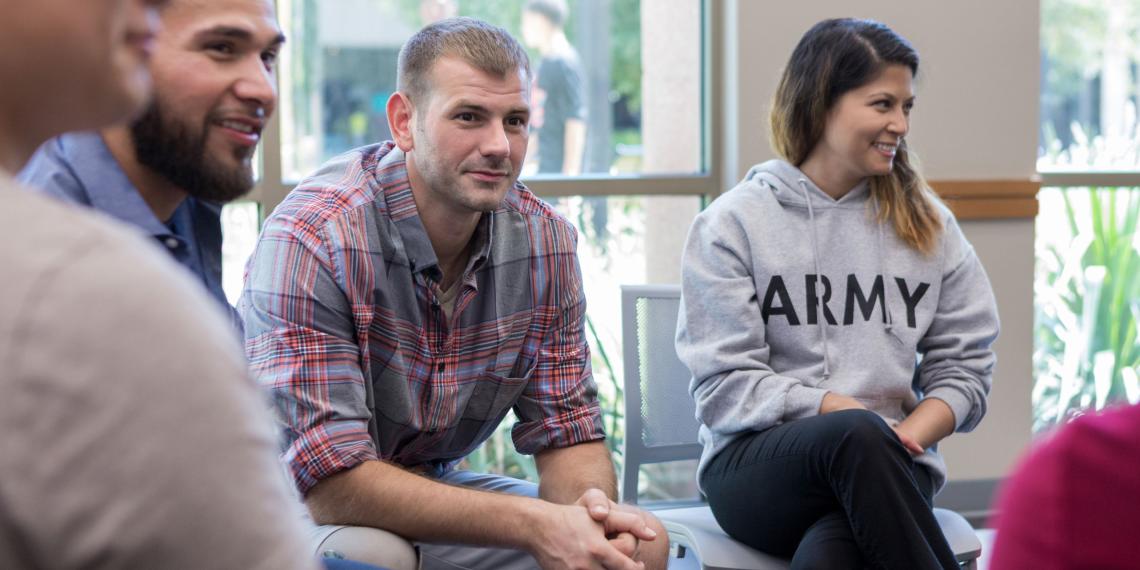You are here
About Us

The Salvation Army Bridge
The Salvation Army Bridge is one of the leading providers of wrap-around support services for alcohol and other drug harm in Aotearoa New Zealand. A University of Otago study completed in 2015 found that The Bridge provides evidence-based, world-class treatment and continuing care.
The Salvation Army has been active in New Zealand since 1883, helping to pioneer social services and supporting individuals and communities in need. In the early 1900s, alcohol treatment services were established on Pakatoa and then Rotoroa Islands in the Hauraki Gulf in Auckland. In the late 1950s, the Bridge was established in Wellington before spreading nationwide, incorporating the 12-Step method of Alcoholics Anonymous as a part of its support programme. Pakatoa Island was sold in 1949, with Rotoroa Island continuing to provide addiction services for both men and women.
By the 1990s, support became more community-orientated and focused on individual and family needs. In 2005, after three Bridge centres had been established around Auckland, The Salvation Army disestablished alcohol and other drug addiction services on Rotoroa Island, deciding that life beyond an isolated island - no matter how beautiful - was crucial to the ongoing successful treatment of addiction in 21st-century society.
In the early 1990s, The Salvation Army began a sister service to the Bridge for people experiencing harm from gambling. The Salvation Army Oasis service continues to provide essential support for people affected by gambling harm in seven centres around New Zealand.
In today’s Bridge services, whānau, Te Ao Māori and whanaungatanga (togetherness, kinship) are recognised as essential to the recovery process. The Bridge continues to support thousands of New Zealanders and their whānau every year, staying at the forefront of understanding around addiction treatment. The Salvation Army Bridge is always evolving and builds upon a rich heritage and long-standing industry and community reputation.